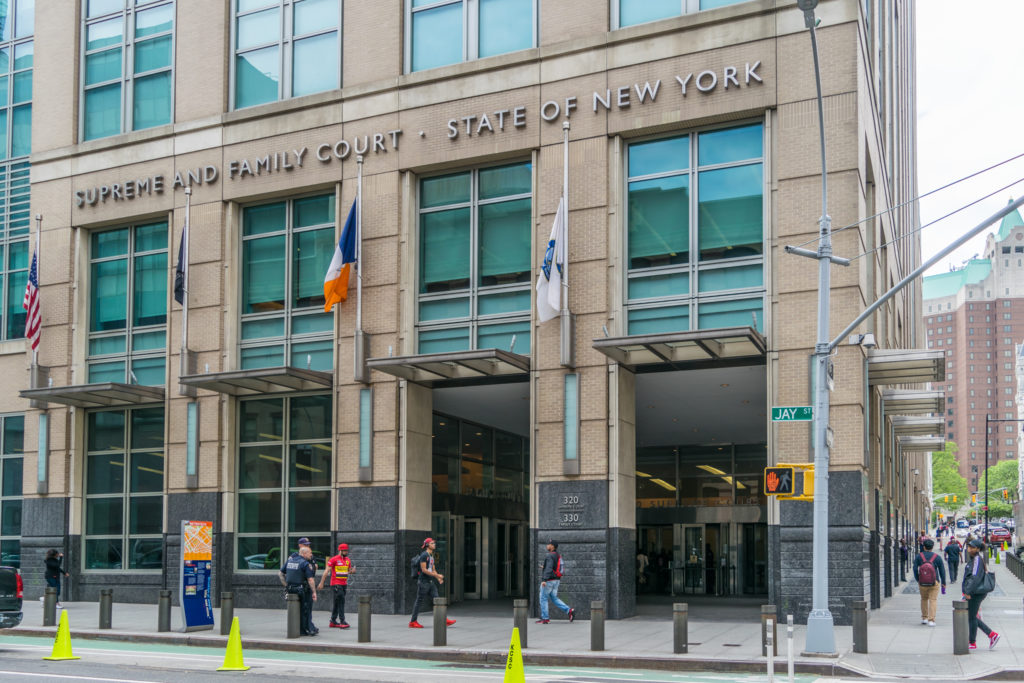Brooklyn Supreme Court to begin using electronic monitoring instead of bail

The Kings County Supreme Court, Criminal Term, is finally getting a new tool to avoid cash bail. It began using electronic monitoring as a condition of release on Monday, April 20.
Chief Clerk Daniel Alessandrino issued the directive this week that outlines the program that defense attorneys can use as a condition of non-monetary release.
“Anything that offers additional bail options beyond incarceration is a welcome development,” said defense attorney Michael Farkas, a past president of the Kings County Criminal Bar Association. “Now we have to hope that the program can be expanded beyond the very limited current capacity.”

Brooklyn Boro
View MoreNew York City’s most populous borough, Brooklyn, is home to nearly 2.6 million residents. If Brooklyn were an independent city it would be the fourth largest city in the United States. While Brooklyn has become the epitome of ‘cool and hip’ in recent years, for those that were born here, raised families here and improved communities over the years, Brooklyn has never been ‘uncool’.